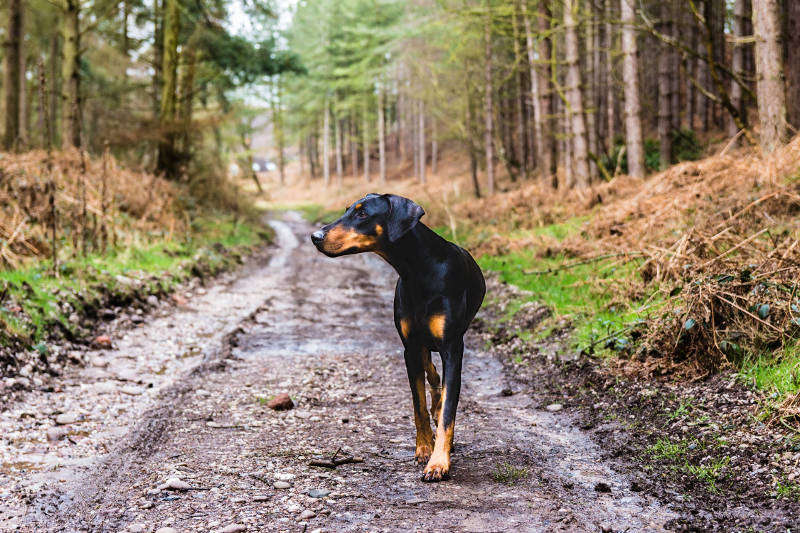Every year when the snow starts to melt, Meafordites take to social media to complain about a common problem: an excess of abandoned dog feces on our trails, parks, sidewalks, and open spaces. This has been an ongoing and increasing issue in our community, and it seems clear that this behaviour isn’t going away without some level of intervention.
Organized environmental cleanups in our community, such as the Meaford Baggy cleanup, collect an alarming amount of canine feces every year. Much of what is collected has already been bagged and carelessly discarded in our public spaces. This isn’t a problem unique to Meaford, but it’s a problem nonetheless.
And every year, the problem seems to be getting worse.
As we collectively work towards the re-opening of Ontario following the pandemic, it is clear that tourism is critical for the rebuilding of the local economy. This means our beautiful parks and charming recreation areas need to be in tip-top shape to attract returning tourists.
Keeping Meaford clean is only possible if we come together as a community, which means taking responsibility for our pets.
Aside from being unsightly, animal feces can have a detrimental effect on the health and safety of our community. Dog feces can contain a startling amount of bacteria, parasites, and transmissible diseases. This is a major environmental pollutant, as well as a significant hazard to human health.
Pets that are exposed to feces are at risk for disease and illness. Our canine companions love to sniff, roll in, lick, and sometimes even eat poop they find in the wilderness, making for easy transmission of diseases, parasites, and more.
Bacteria from animal feces can quickly spread disease into our fragile water table. Studies have shown that 20-30% of the bacteria in water samples from urban watersheds are traced back to dog waste. Here’s a staggering fact: 2-3 days of waste from one hundred dogs contains enough harmful bacteria to contaminate up to 32 kilometres of watershed area.
Children playing in our parks and trails are also at risk of exposure to animal waste hazards, not only from what is on the ground, but what is also in the air we breathe. According to the U.S. Environmental Protection Agency, bacteria from animal feces can account for 10-50% of the airborne bacteria found in test samples.
Other wildlife, such as crows and blackbirds, love to eat animal feces. Birds can choke and develop obstructions from plastic poop bags, and can also spread the diseases they pick up.
Signage, social media pleas, and availability of public garbage cans have proven to not be sufficient to mitigate pet owners from leaving their dog’s feces in public for others to clean up.
Moving forward, what can we do as a community to tackle this problem? I would like to think that this problem is only the result of a small number of irresponsible individuals, however given the anecdotal reports in our community, it seems evident this is a behaviour shared by many.
On the bright side, Meaford is a resilient community full of proud and ambitious residents. Initiatives like the Meaford Baggy cleanup make a significant difference in maintaining a clean and tidy town. Be a leader in your community: participate in existing neighbourhood-based cleanup projects, or start your own. Together, we can make Meaford better than ever, we simply need to take action!
Brandon Forder, known as The Pet Expert, is vice-president of Canadian Pet Connection, an industry leader in healthy pet lifestyles. Brandon is certified in pet nutrition, and has more than twenty-five years’ experience specializing in pet health and behaviour. He has written hundreds of informative pet-related articles for newspapers, magazines, radio, and the popular Ask the Pet Expert Blog. Brandon is highly skilled in pet problem solving, and enjoys teaching others about smart and responsible pet ownership. To learn more, visit www.CanadianPetConnection.ca.











